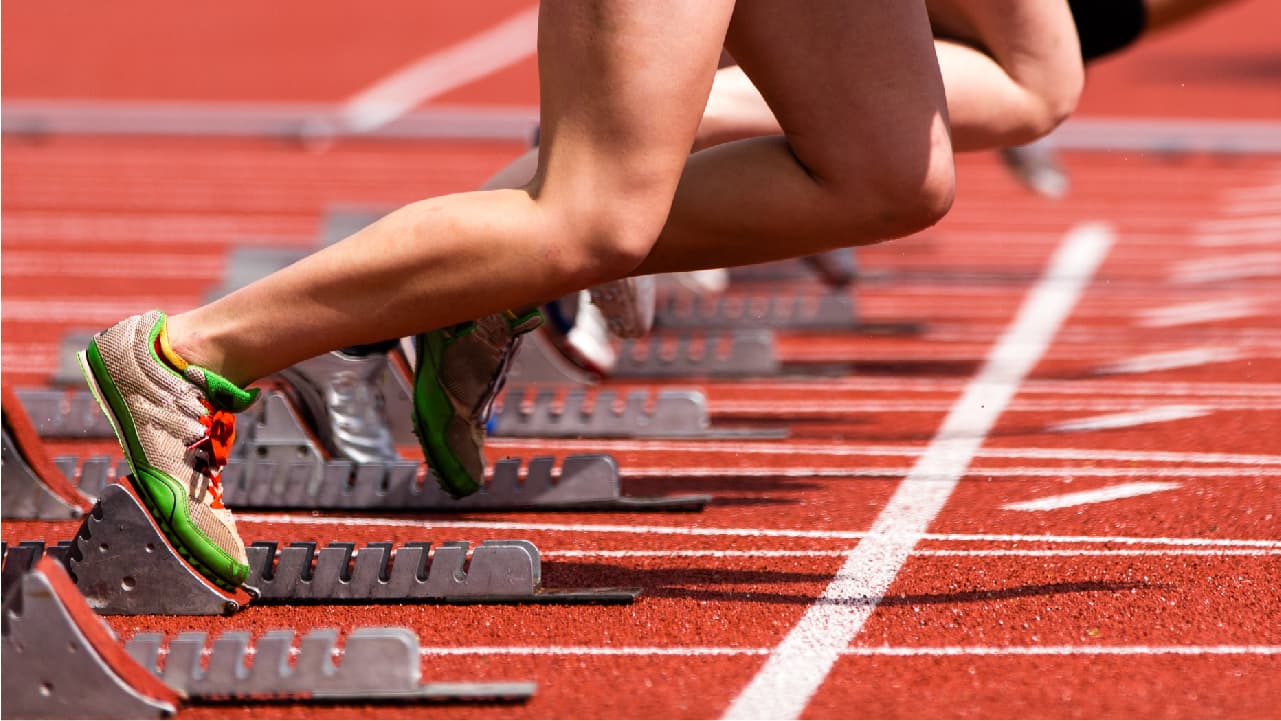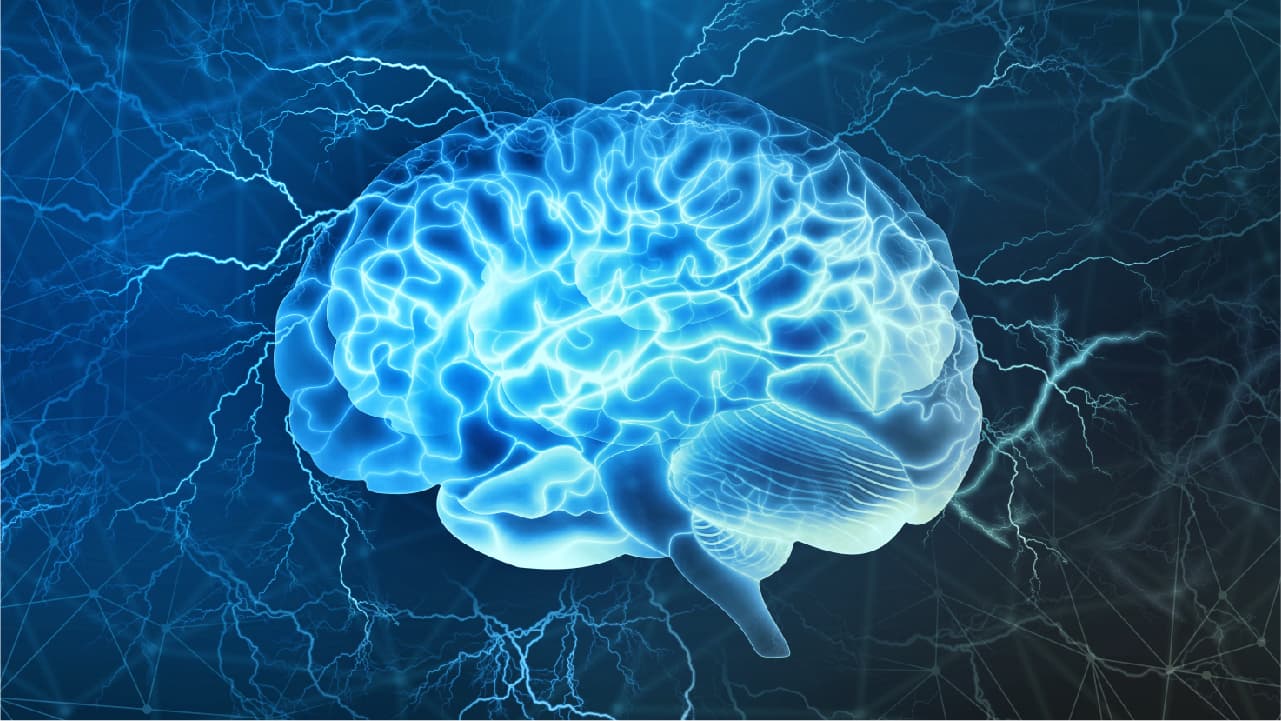Power bar. Pre-workout. Energy drink.
Chances are they share a common ingredient: B vitamins.
It's no surprise; B-complex vitamins are famous for their role in energy metabolism.
Today, we spotlight Vitamin B2 also known as riboflavin. Let's delve into what riboflavin does and how it may affect your mental and physical performance.
The Role of Vitamin B2 in the Body
Vitamin B2 performs various functions, including:
Antioxidant Activity: Vitamin B2 acts as an antioxidant, helping to protect the body from oxidative damage. (1)
Maintenance of Healthy Skin and Vision: It plays a role in maintaining healthy skin, eyes, and mucous membranes. (2)
Red Blood Cell Formation: Vitamin B2 is involved in the production of red blood cells necessary for oxygen transport. (3)
Conversion of Tryptophan: It supports the conversion of an amino acid tryptophan to vitamin B3 (niacin). (4)
Cellular Function Support: It is a component of coenzymes involved in various metabolic pathways. (5)
One of the most important cellular processes that riboflavin participates in, is energy production. (5)
When you consume foods containing riboflavin, the body absorbs it and converts it into its active forms, flavin mononucleotide (FMN) and flavin adenine dinucleotide (FAD).
Both of these coenzymes play a crucial role in mitochondria. These are the tiny structures within cells often referred to as the 'powerhouses.'
Within mitochondria, FMN and FAD facilitate the production of ATP - the body's primary energy currency. (6)

The body relies on ATP molecules for all biological processes, including physical activities and cognitive functions.
So is there a connection between riboflavin and mind & body performance?
Vitamin B2 and Physical Performance

It's not firmly established whether supplementation with riboflavin can increase athletic performance. Or if riboflavin deficiency can diminish it. (7)
One study indicated no effect of vitamin B2 supplementation on physical performance in non-deficient athletes. (8)
Conversely, a 28-day study on construction workers showed the B2-fortified apple juice to be more beneficial than pure apple juice. (9)
By the end of the experiment, those drinking the fortified beverage saw significantly lower levels of physical and mental fatigue. Along with reduced oxidative stress.
Another study, this time focusing on ultramarathon runners, revealed that a relatively high dose of riboflavin may enhance sports recovery.
The supplementation significantly reduced muscle pain and soreness immediately after the competition. (10) Additionally, the supplemented group outpaced the placebo in races following shortly after the marathon.
The mechanism responsible for these outcomes is yet to be discovered. Scientists speculate that vitamin B2's protective effects on mitochondria could offer a plausible explanation.
So, though research on riboflavin and sports is early, it appears this B vitamin could be an ally for fatigue relief and post-exercise recovery.
Vitamin B2 and Mental Performance

We've examined what vitamin B2 can do for the body; what about the brain?
Studies suggest that low B2 intake may be connected to poor cognitive function in older populations. (11) Similarly, a higher intake of riboflavin appears to be linked with better results in cognitive tests. (12)
A prospective study with 1,385 middle-aged and elderly participants showed that riboflavin may help preserve cognitive function with age. (13)
In the two-year follow-up, those getting over 1.24mg of riboflavin daily experienced less cognitive decline. Specifically, the high-B2 group showed significantly higher total cognitive scores and better working memory than the low-B2 group ( < 1.24mg /day).
The fact that riboflavin can be neuroprotective is not exactly mainstream. Yet, it's got a bunch of ways it could be good for your brain.
From reducing oxidative stress to easing mitochondrial dysfunction and calming neuroinflammation, riboflavin supports brain health from various angles. (14)
Recommended Daily Intake
For adults 19 and older, the recommended daily intake (Recommended Daily Allowance) is 1.3mg for men and 1.1mg for women. (15)
During pregnancy and lactation, these values go up to 1.4mg and 1.6mg.
Food Sources of Vitamin B2
You can get your vitamin B2 from both animal and plant-based sources.
When it comes to animal products, organ meats and dairy are solid choices. And for plant options, whole grains, leafy greens, and nutritional yeast are the way to go.
Here are some foods rich in riboflavin:
1. Beef Liver: 3 ounces (85 grams) - 3.9 mg - 300% RDA

2. Nutritional Yeast: 5 grams (fortified) - ≥ 100% RDA

3. Yogurt: 1 cup (245 grams) - 0.5 mg - 38% RDA

4. Mushrooms (Crimini): 1 cup, sliced (70 grams) - 0.4 mg - 31% RDA

5. Soybeans (Cooked): 1 cup (172 grams) - 0.4 mg - 31% RDA

6. Spinach (Cooked): 1 cup (180 grams) - 0.4 mg - 31% RDA

7. Almonds: 1 ounce (28 grams) - 0.3 mg - 23% RDA

8. Quinoa, cooked, 1 cup - 0.2 mg - 15% RDA

9. Egg, whole, 1 large - 0.2 mg - 15% RDA

10. Apple, with skin, 1 large - 0.1 mg - 8% RDA

Most people typically get enough vitamin B2 from their diets. Though, older individuals are more prone to falling short in this department. (16)
To maintain optimal riboflavin levels, make sure to keep a balanced, diverse diet.
And if you need extra nutritional support, consider a high-quality Multivitamin like Performance Lab® Multi.
Final Thoughts
Riboflavin may not be given enough credit. Yet, its role in energy production and mitochondrial health, makes it a must for overall vitality.
This B vitamin shows promise in boosting physical performance and enhancing cognitive function. Still, scientists are just beginning to uncover its practical applications.
At present, the evidence doesn't suggest that we should all be grabbing onto extra B2.
But it's smart to ensure you are getting enough of this vitamin in your diet.
And if necessary, adding a supplement containing a quality source of riboflavin can be a solid assurance strategy.















